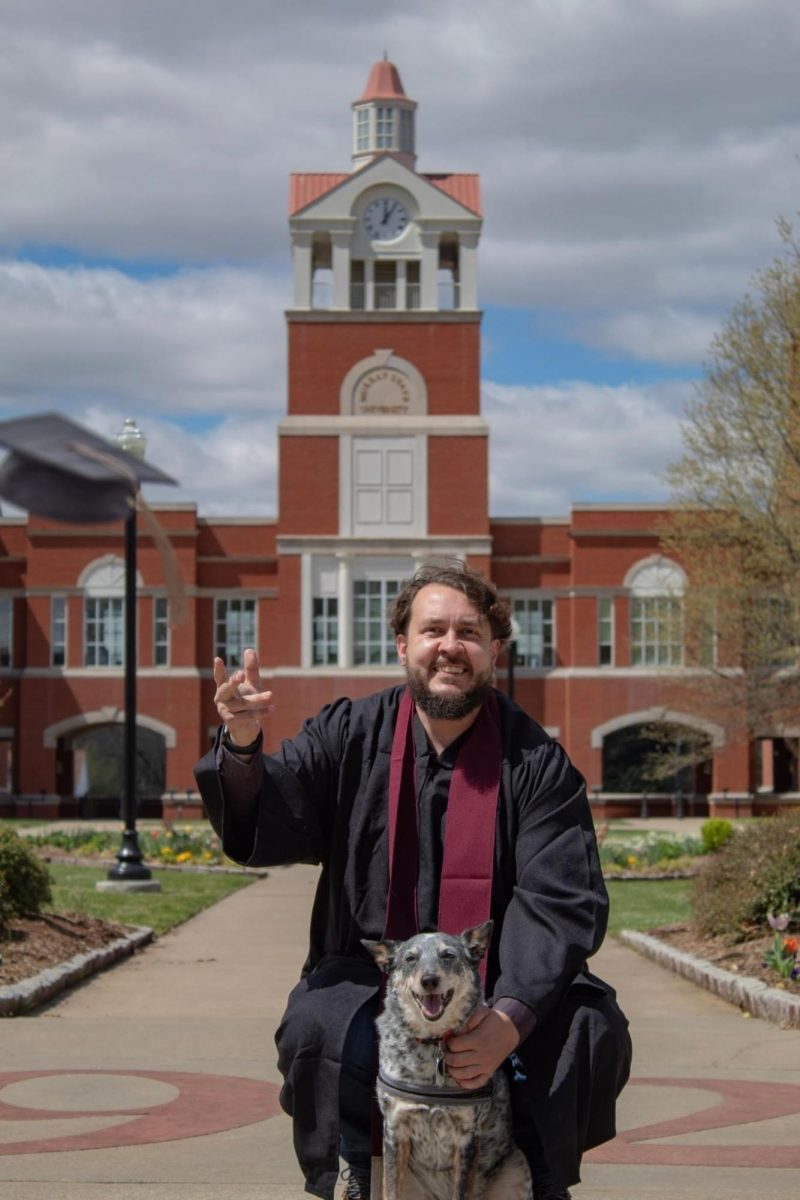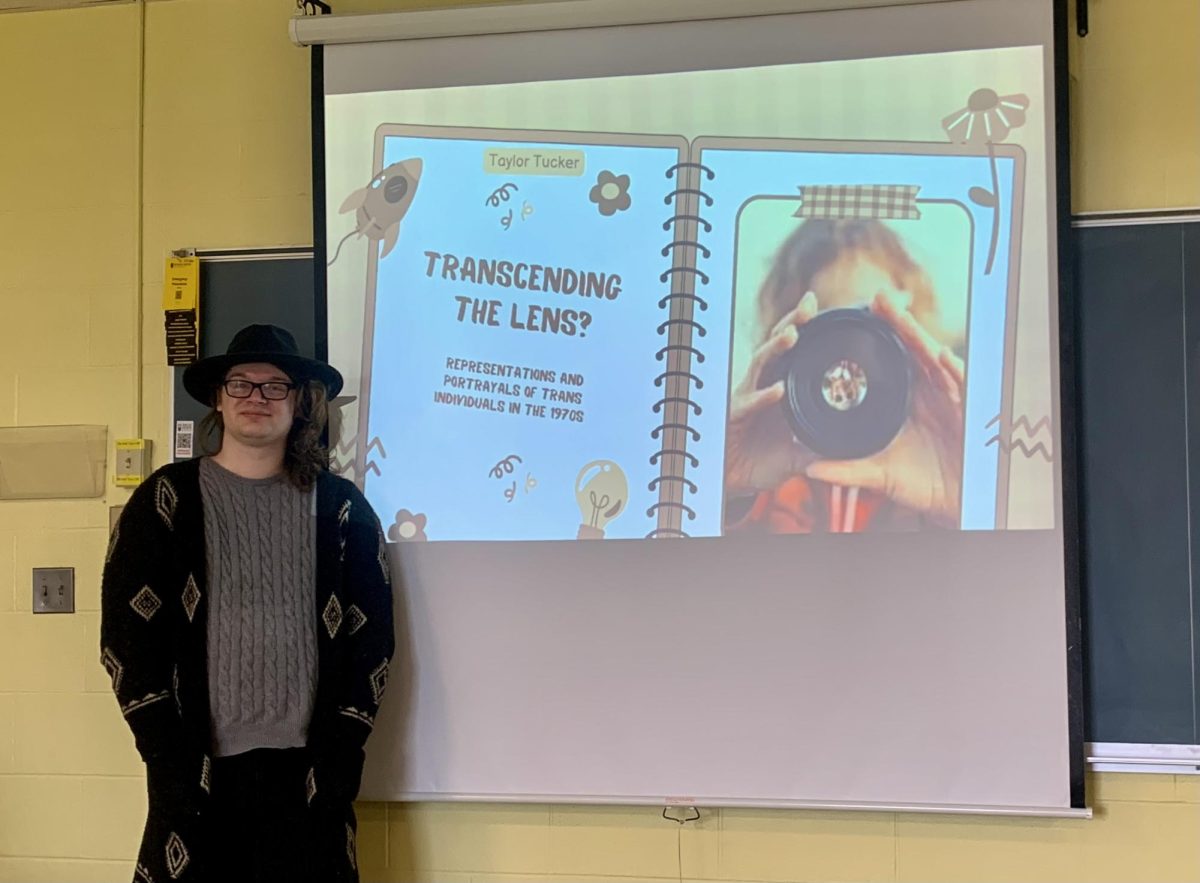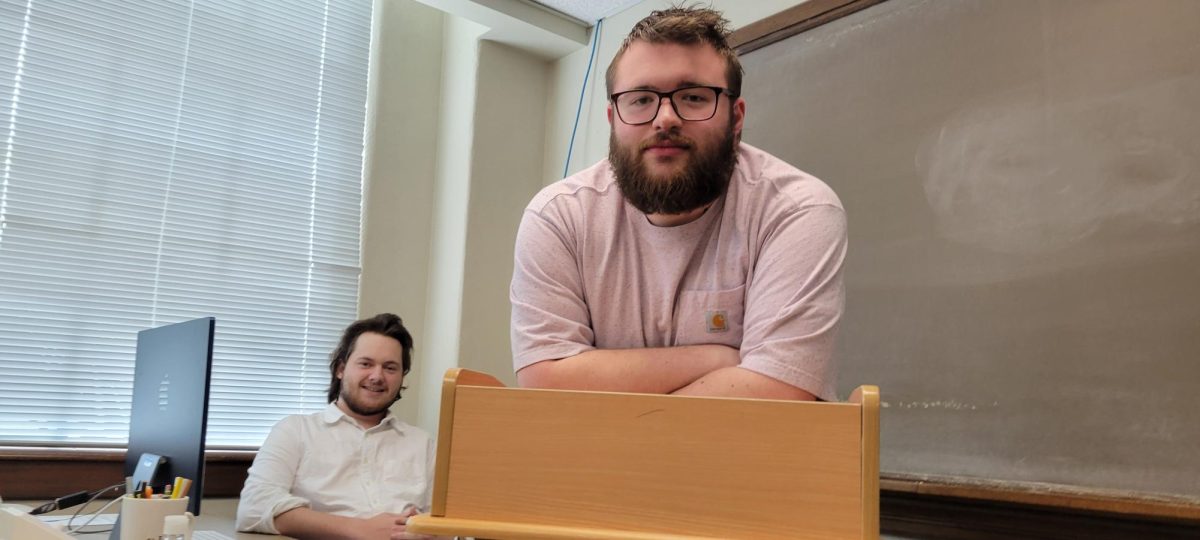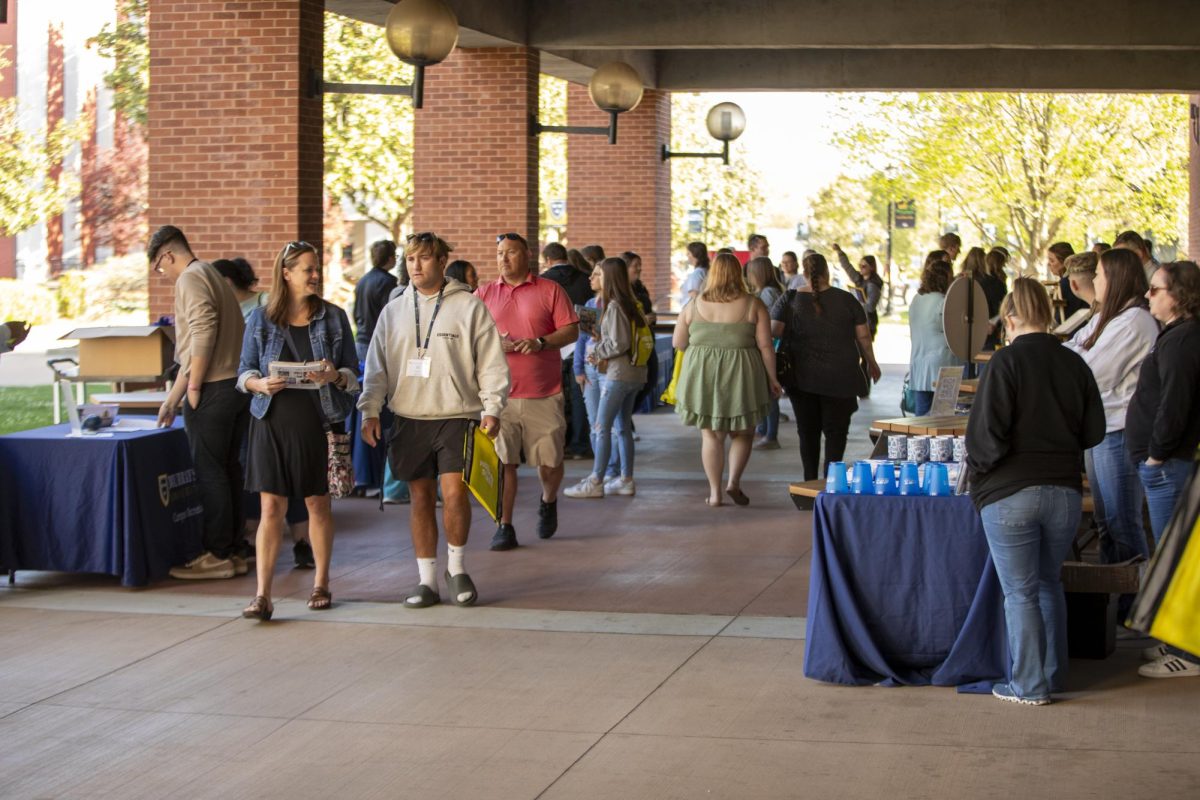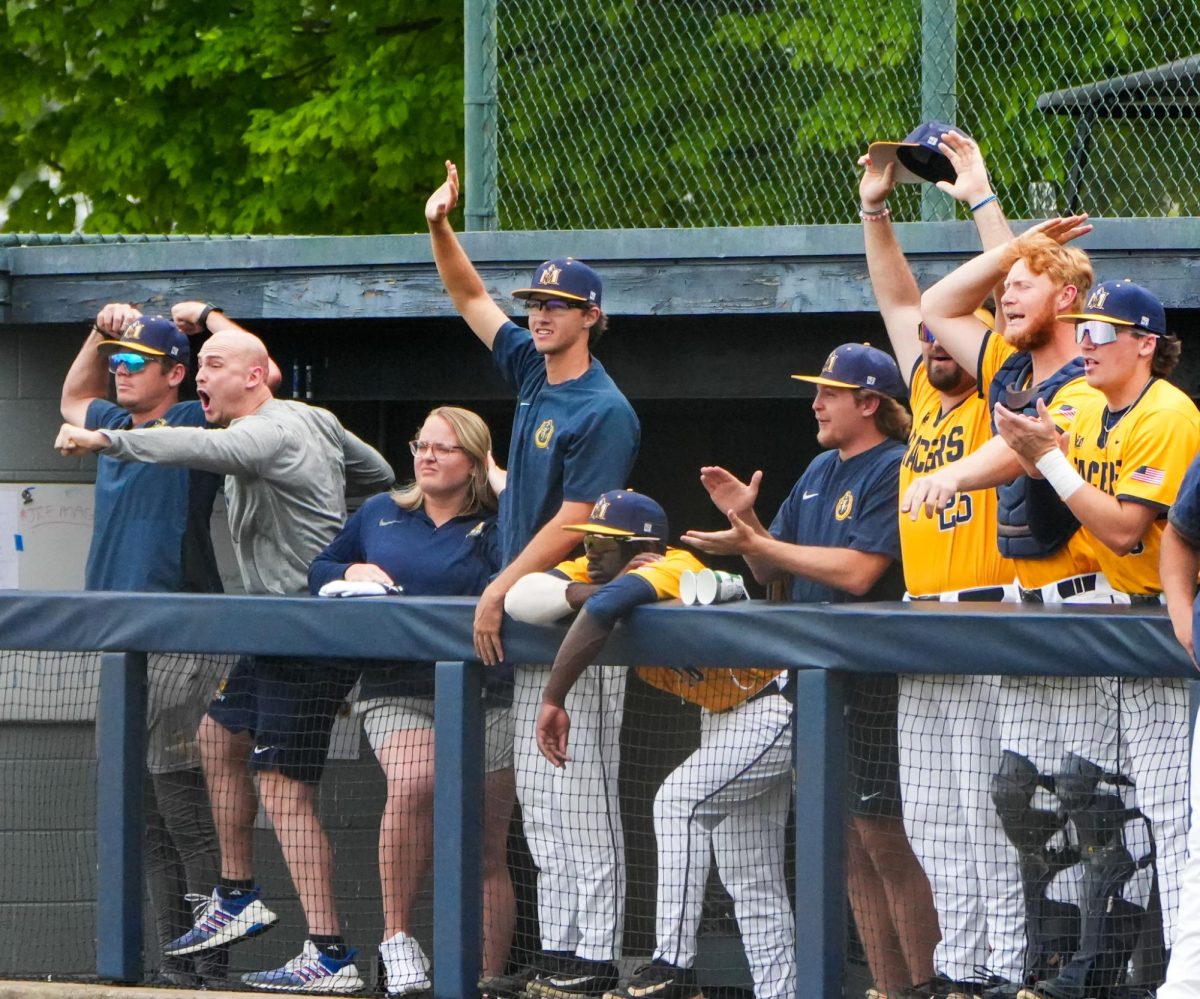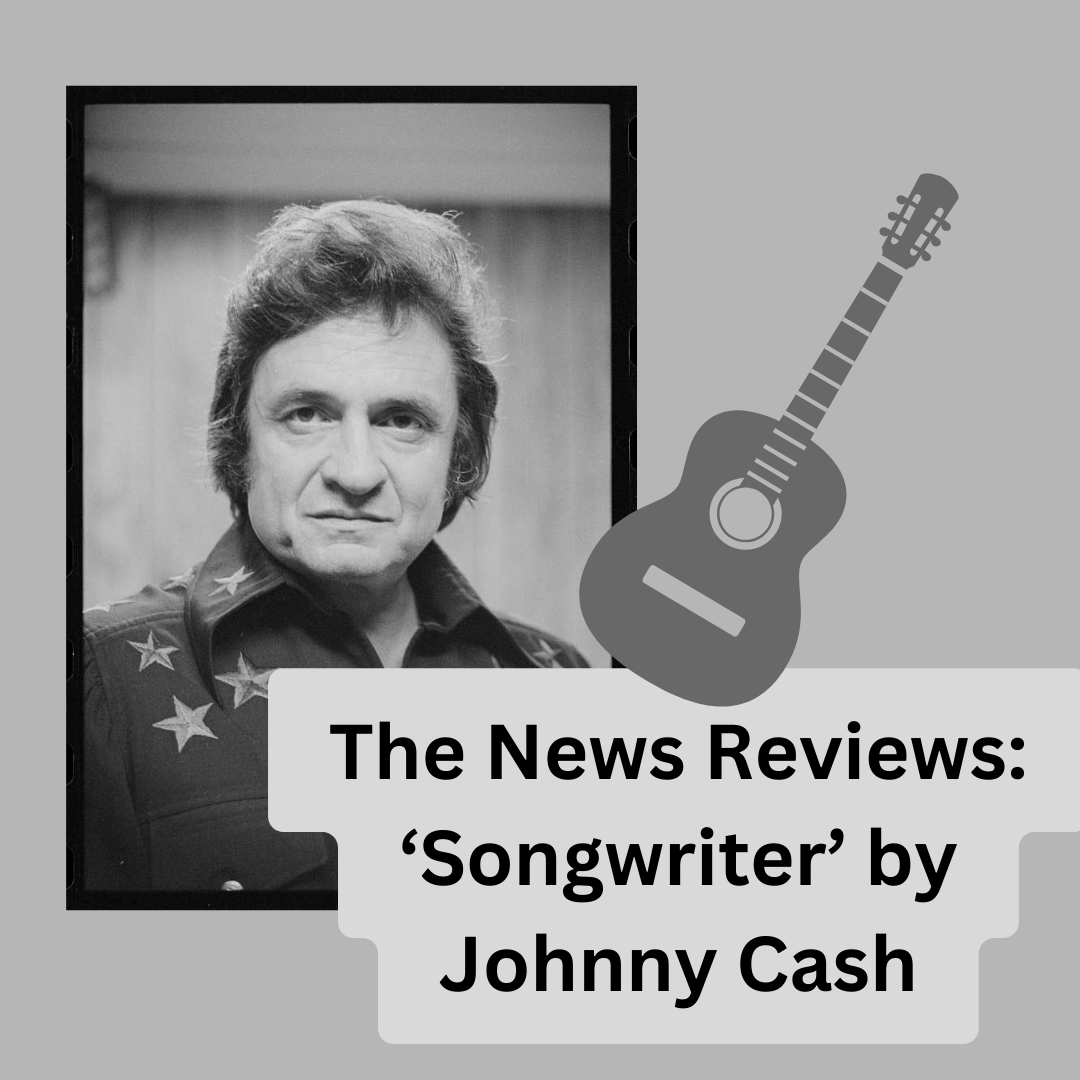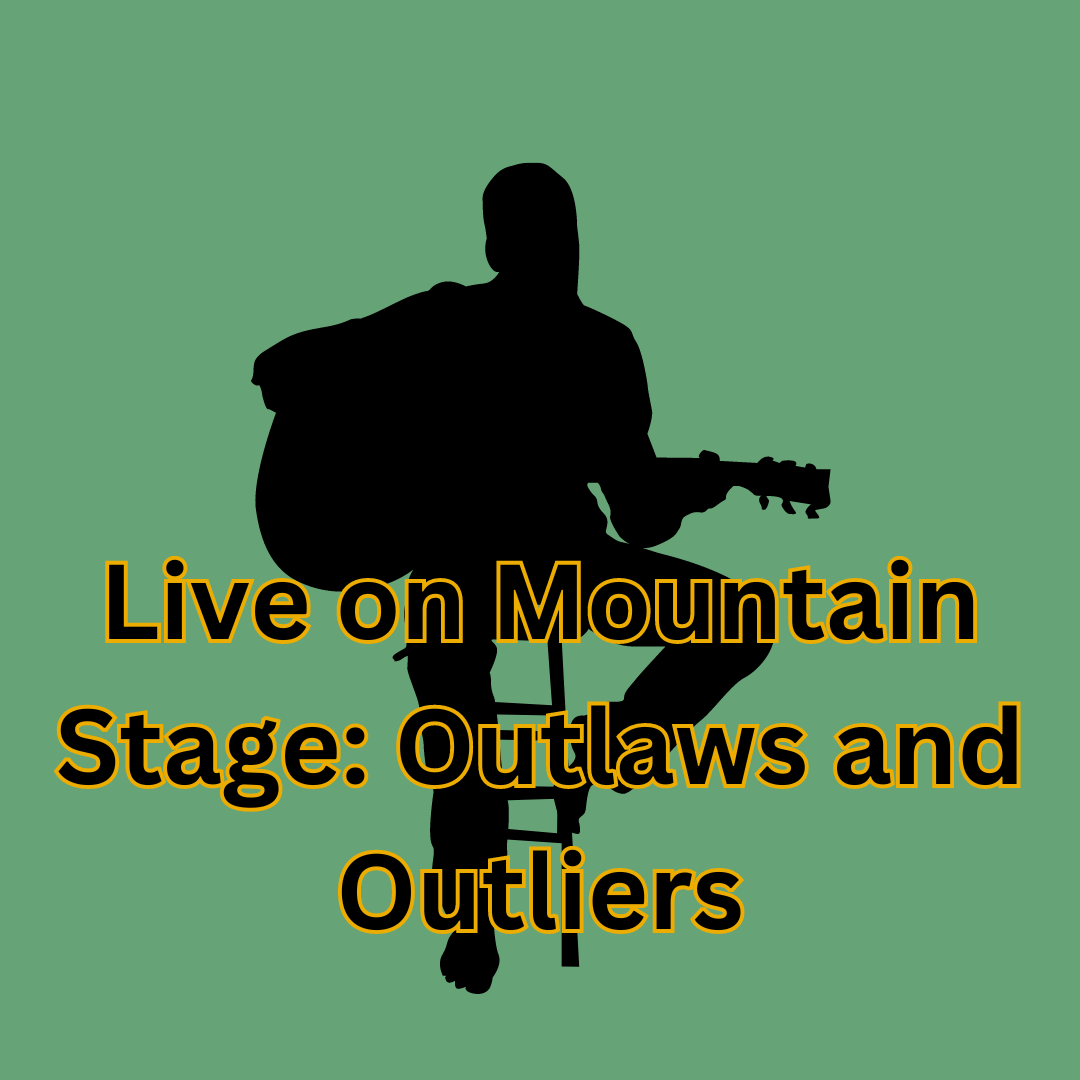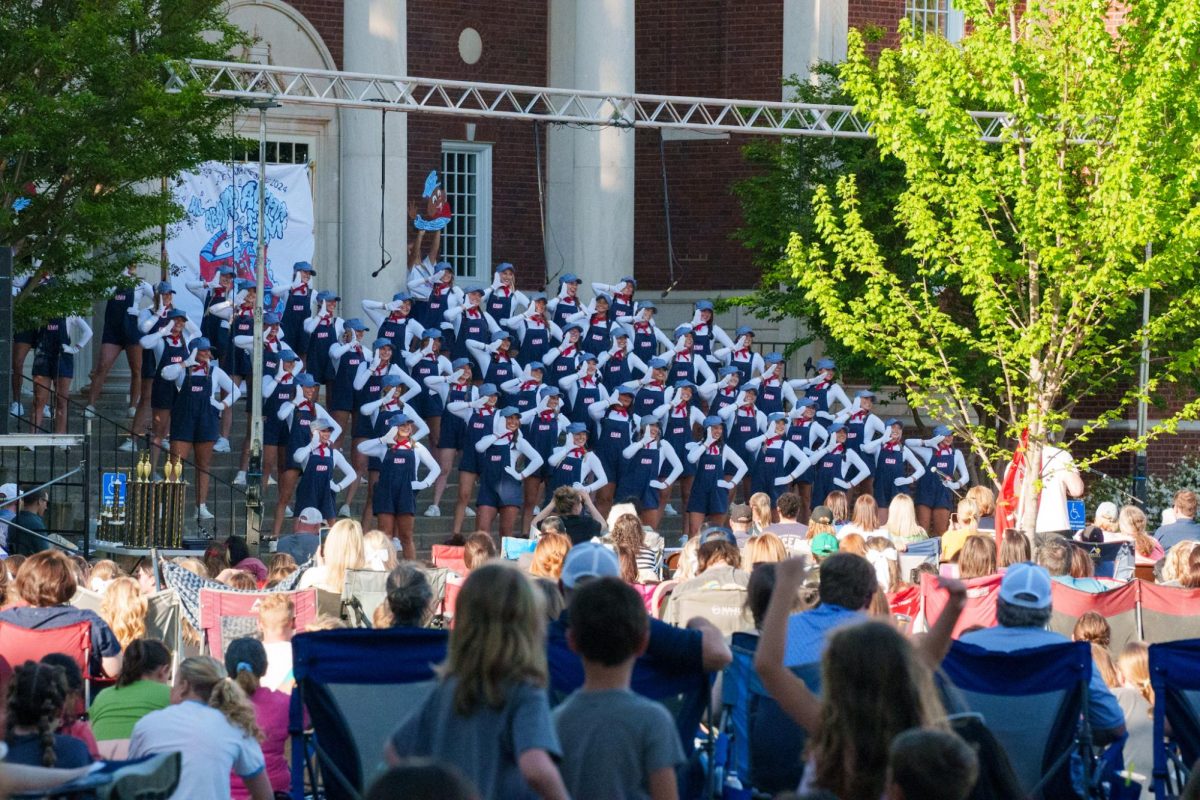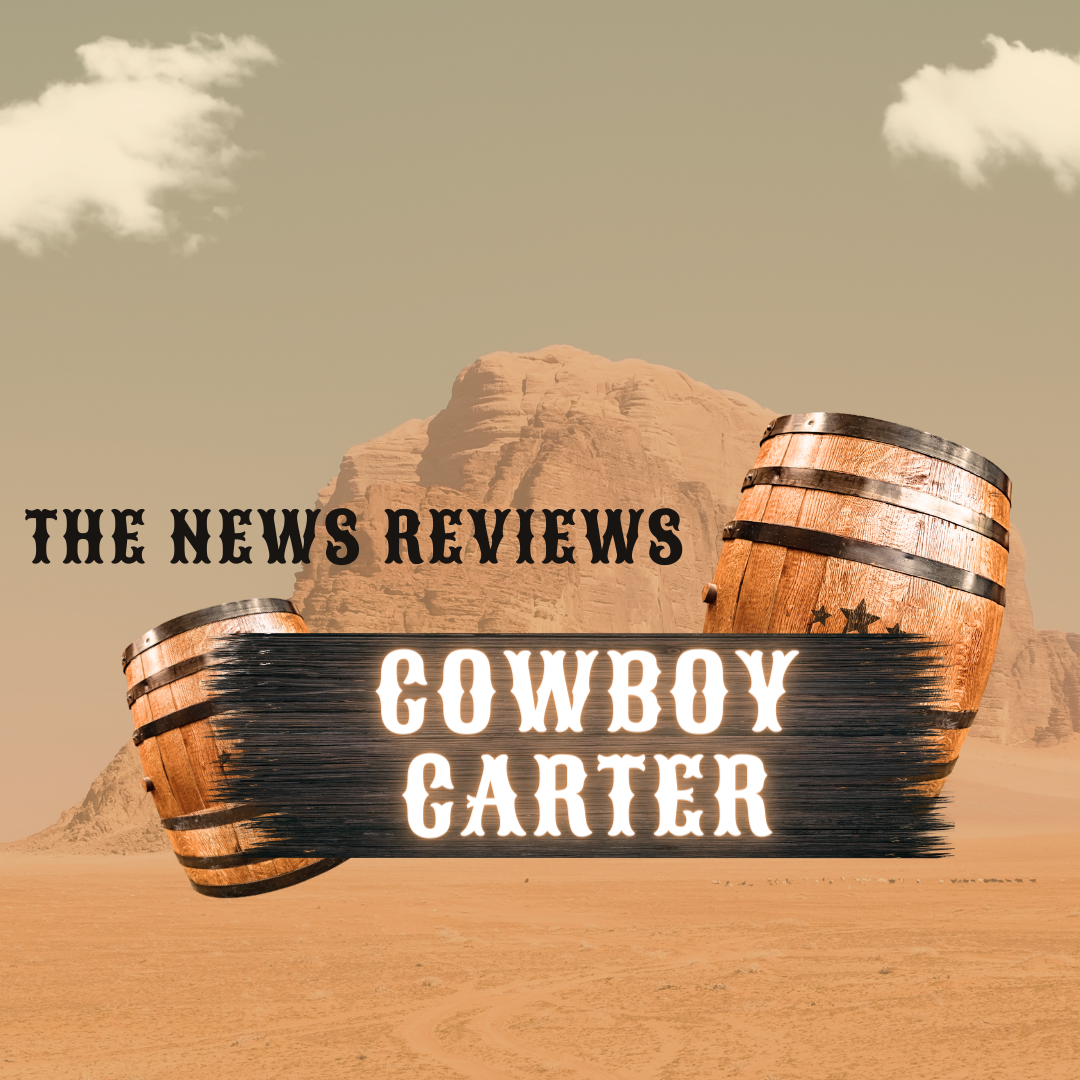Many of you who read my editorials might find it a bit odd that I’m promoting the book and blog of a devoted Evangelical Christian.
Her name is Rachel Held Evans and yes, I not only follow her blog, but I loved her book: “Evolving in monkey town: How a girl who knew all the answers learned to ask all the questions.”
Despite living in the Bible Belt and being raised within the Christian cocoon, daughter of a preacher, graduate of a Bible college, trained in apologetics, schooled in denying evolution, taught that gays and heathens like me will burn in hell, she came to accept evolution with “a sneaking suspicion the scientists might be right” and that gays and non-Christians don’t deserve eternal fire. She believes firmly in the Christian faith and that it must itself evolve, i.e., change in light of new information.
The young and even many middle-aged folks in the U.S. are seriously questioning or leaving Evangelical Christianity in droves. Why now? I think Rachel explained a key reason far better than I could: “No previous generation enjoyed such easy access to information or experienced such a profound sense of connectedness to the rest of the world.”
Getting to know unbelievers and gay folks personally contributes as well.
We do live in unprecedented times of instant information exchange, access to higher education and daily dialogue through social media, email, Internet, video and even TV and print news sources.
The discussion of religion is constant and everywhere. Traditional religious ideas that promote division, repression, even hatred around the world are being questioned and jettisoned due to the spread of information and connection with our fellow humans.
So from within Evangelical Christianity, secular activists now have unlikely allies. Based in reason and compassion, humanistic values that transcend all religions, folks like Rachel are changing it from within.
Folks like me would like to push religion off the cliff as soon as possible, but being realists we will gladly take all the help we can get to diminish its grip.
We are immensely glad she and others are evolving in their faith toward the normal human empathy and reason we all share, which is all too often pushed aside by the religious need of telling everyone else how they must live to satisfy some deity.
The history of Christianity is predominantly the elimination of belief in one Bible verse after another as new knowledge and compassion for others makes supposedly inspired verses seem as cruel, primitive and man-made as they are.
Like all religious folks I’ve ever met, Rachel is a smart person who can change her views in light of new information; she sounds kind of scientific to me, and rational, and enlightened, even secular.
So I highly recommend reading her book. If the other unbelieving scum in the New Enlightenment secular movement can’t convince you to ignore even more of the Bible and lighten up on your fellow man, maybe she can.
Letter by William Zingrone, Assistant professor of psychology
It has been my displeasure to read the editorials of Devin Griggs, your Opinion Editor, for the past year or more. What is most disturbing is that they are published unopposed. Everyone has a right to their opinion.
However, Mr. Griggs’ opinions are not only far left of center, they are generally unaccompanied by facts. For example, on August 23rd, he opined on the rights and needs of fast food workers.
First of all, anyone who has visited a McDonald’s in recent years is aware that lots of older folks work there. So what? That is their choice.
As for paying higher wages, it appears that Griggs is not aware of the fact that McDonald’s outlets are franchised.
The franchisee makes wage decisions, and those decisions are based on supply and demand. In most instances, wages exceed the federal minimum wage.
More importantly, workers are free to say no to what is offered, or yes, if they wish. If the wage offering is insufficient, the franchisee increases the wage offering until the workforce is sufficient to staff the outlet.
Whether McDonald’s is a successful and profitable corporation is irrelevant to this discussion.
Further, when comparing wages in the U.S. with those in a foreign country, one needs to consider, first, the currency exchange rate. In fact, the Australian dollar trades at a 9 percent discount to the U.S. dollar.
Further, the cost of living in Australia is 30 percent to 100 percent higher than in the U.S. In particular, real estate costs are nearly double in Australia. Other consumer products range from 33 percent to 75 percent more highly priced, so wages would need to be substantially higher in Australia to come somewhere near a similar standard of living to that in the U.S.
The Atlantic article to which he refers did make limited mention of the exchange rate but gave little notice to differences in other costs. Mr. Griggs didn’t mention these differences at all, suggesting, incorrectly, that cost/benefit are the same when clearly they are not.
Our economy remains generally free, meaning that government does not intervene nor interfere with many decisions made in the private economy.
The minimum wage, however, is government interference and a powerful case can be made for its abolition, but that is a separate argument.
Regarding the question of unionization, that is up to the workers. However, should such action be taken, it is highly likely that the production of burgers, fries, et al. would be substantially mechanized, and many workers’ jobs would be eliminated.
Were that to occur, would it matter what the few remaining workers were paid or whether they were unionized? If large cuts in staff are the result, what is the gain? The masses are deprived of employment.
In our economy, everyone has opportunity. I came to Murray State with diverse work experience.
Berry picking was my first job. Other youngsters did the same, but also lots of people much older and probably many illegals as well.
We all needed work and it was not easy work, but we worked. Other jobs included washing and polishing cars at a local car dealer.
Then it was odd jobs at a large retail chain. Following that, I swept floors at the local telephone company office.
After my senior year in high school, I worked in a meat market, before taking a job as a statistician in the inspection division at a large company.
A year later, I went on to attend Murray State. During college summers, I painted houses, clipped bushes and washed cars.
While at Murray State, I planted grass on the athletic fields and did other odd jobs in the athletic department.
During my junior and senior years, I managed the pool room in the Student Union. I didn’t need a union (or a federal minimum wage) for any of these jobs.
Eventually, following graduation from Murray State and an MBA from the University of Kentucky, and following military service, I took my first professional job in a rural bank in Michigan and launched a career more than 51 years ago.
All of this is described to show that these jobs, or not, were available at the wage offered. When markets are free to set prices, they are generally efficient and buyer and seller are happy with the results. Transactions occur.
That is the nature of our economy. The same is true for employer and employee.
Unfettered by government interference, our economy works pretty well. To paraphrase Churchill, “the system works, not necessarily well, but better than all the alternatives.”
If Mr. Griggs’ and other students are looking admiringly at socialism as an alternative, they need look no further than the old Soviet Union, which collapsed or, incessantly, the failures of collectivism in North Korea and Cuba.
Our economy and our form of government work better than all the others, even with our flaws and misbegotten laws that “try to help.”
For those who do not agree with Mr. Griggs left wing diatribes, I suggest reading “Atlas Shrugged” by Ayn Rand. I first read it as a student at Murray State, and it has guided my career.
Every student, especially College of Business students, should read that book! The standard criticism of the protagonist is “selfishness.”
But Thomas Edison and Henry Ford were shining examples of Ms. Rand’s objectivist philosophy. The two were genius problem-solvers, but they needed help – thus started and blossomed General Electric and Ford Motor, and without government help.
Successful people always need to hire others to help and, out of their inventive genius comes jobs, lots of jobs. Government cannot do that – only our prosperous, wealth-creating private sector can do that.
In the future, would it be possible for someone, anyone, to write columns in opposition to Mr. Griggs?
Even the left of center Washington Post offers both sides of important stories, all the while editorializing in favor of the left side.
To allow Griggs’ columns to be published unopposed is anti-intellectual. As for his opinions, a few facts to back them up would be a good idea.
Story by Arthur Bauernfeind
Editor’s Note: Contrary to Mr. Bauernfeind’s claims, The News publishes pieces that run counter to the opinion of the Opinion Editor and encourages opposing views for the express purpose of providing Murray State with a democratic and free press. We do not, however, go out of our way to ask students to write in specifically on an issue addressed by the Opinion Editor in his weekly column. We can’t publish what isn’t written to us, and we would like to again encourage anyone to send letters to [email protected] or [email protected].


